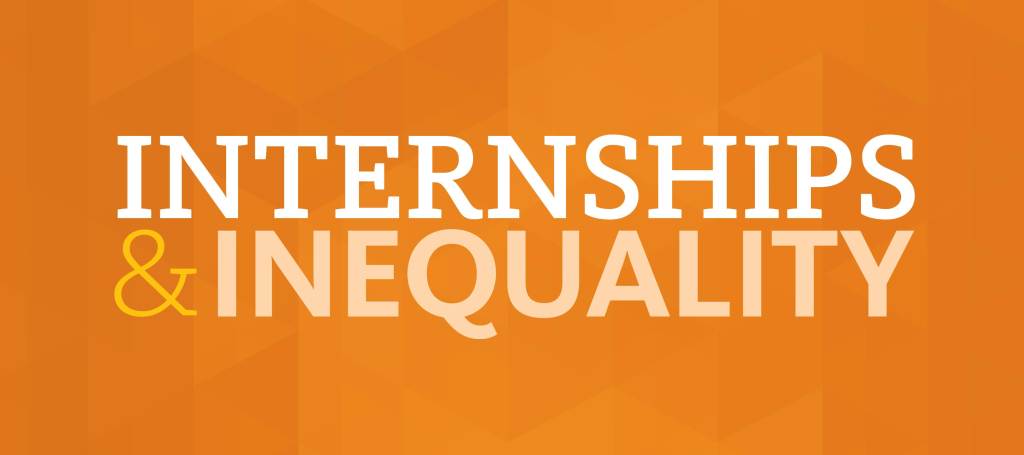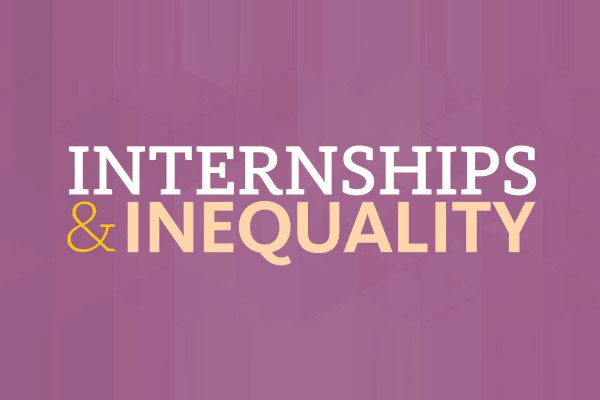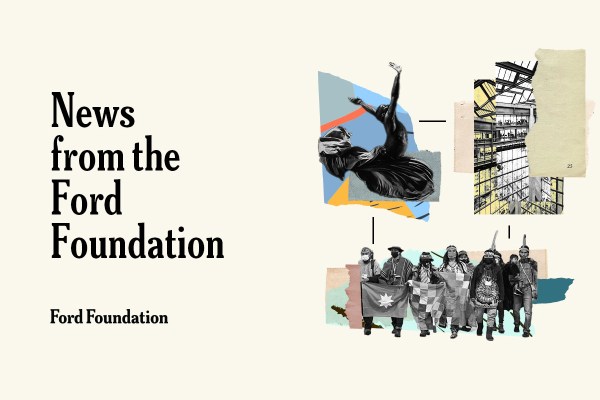
Earlier this month in the New York Times, Ford Foundation president Darren Walker made the case for paid internships, explaining how his own internship experiences helped him get where he is today. “As a low-income kid from a small town who entered college without an extended network, my internships equipped me with the skills, confidence and relationships to channel my potential into a rewarding career,” he wrote.
But the reason to revamp what he calls “America’s internship-industrial complex” goes far beyond one person’s story. Darren argues that this country’s internship system is rooted in unequal opportunity, with those who already have access and connections landing internships that get them more of both, further perpetuating the cycle of inequality. Drawing on the design of Ford’s own internship program—which requires that applicants be receiving needs-based financial aid—Darren insists that it doesn’t have to be like this.
Not surprisingly, the piece sparked a lot of discussion (especially at the lunch table) among the college students interning at Ford this summer. Coming from diverse backgrounds and more than 20 different schools, we talked about how we feel lucky to be part of a program that prioritizes pay and provides real learning experiences. We talked about the barriers that maintain inequalities in our internship culture. And we talked a lot about privilege.
As we got together to share our thoughts, our colleagues encouraged us to more officially add our voices to the conversation about internships—to write it down. And so for the next several days, we’ll feature a different Ford intern writing about his or her personal experiences with internships and reflecting on why the system needs to be a more equal one.
Emily Akpan is a student at Cornell University, double majoring in communications and development sociology. She is a summer intern in Ford’s Office of Communications.
Explore the series
Getting unstuck: Why internships matter By Victor Tavarez
Why paid internships are important for first generation students by Natasha Sharma
What diversity really means, and why it matters by Amara Amadiegwu
We treat success like a competition—but internships aren’t a race by Sabina Razak
A real commitment to diversity means having diverse leadership by Thalia Orphee

